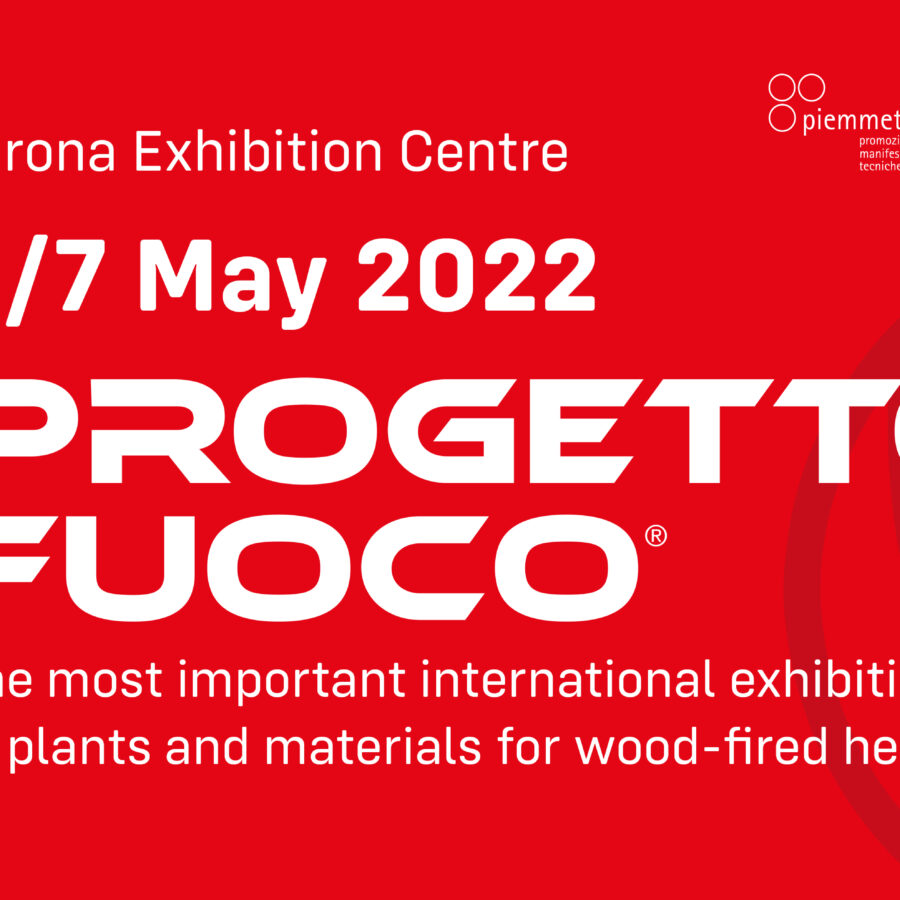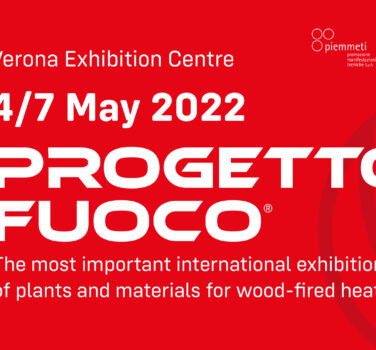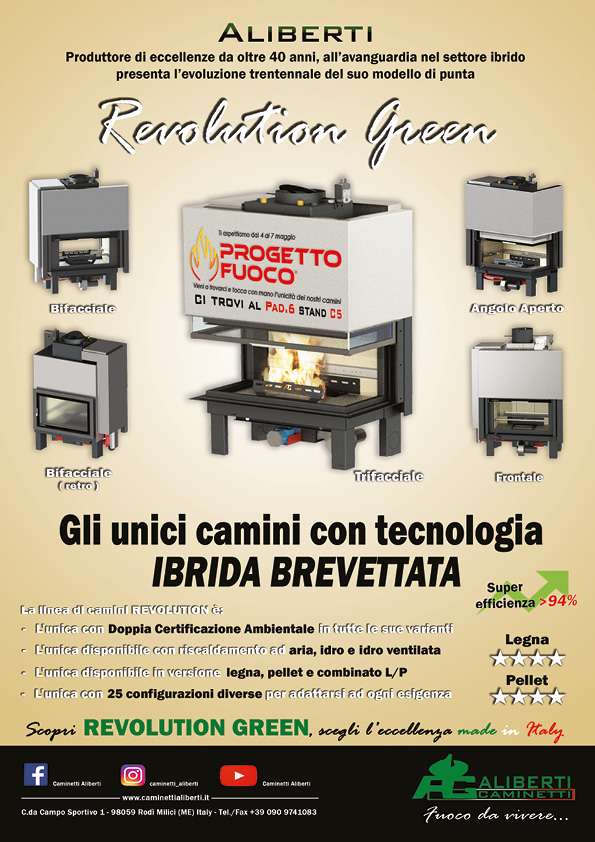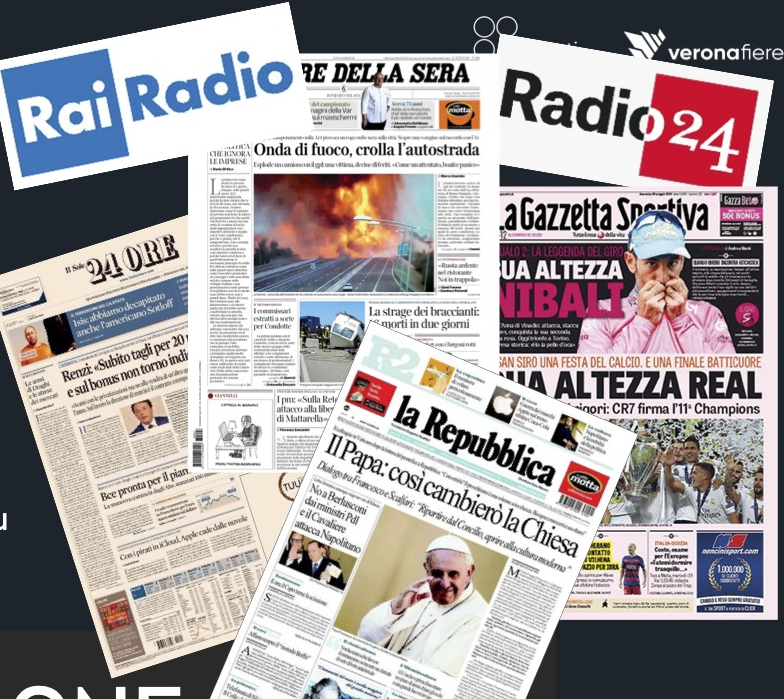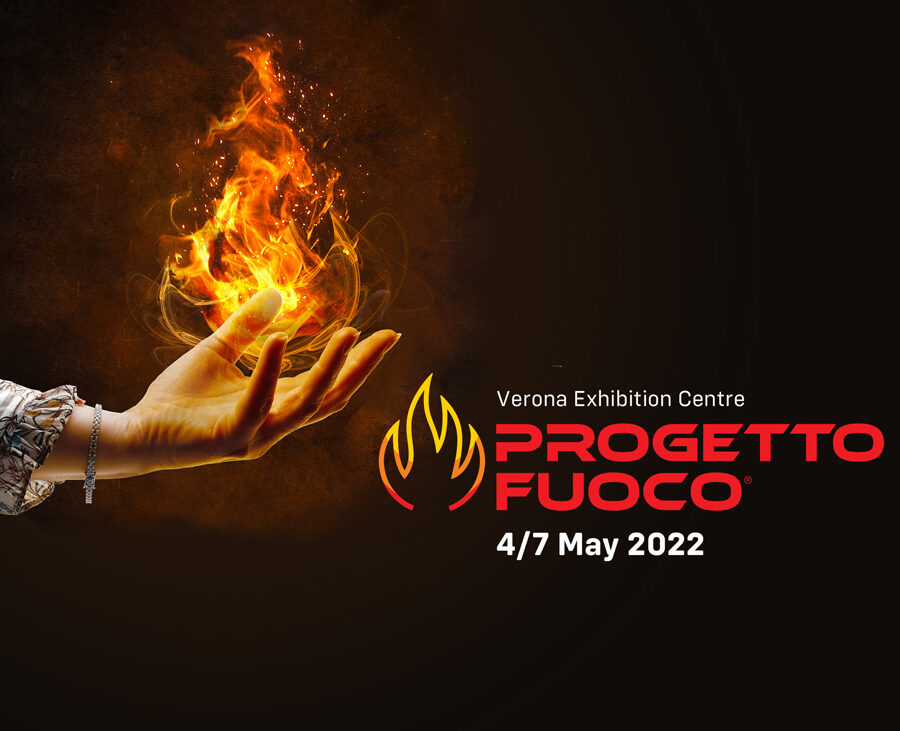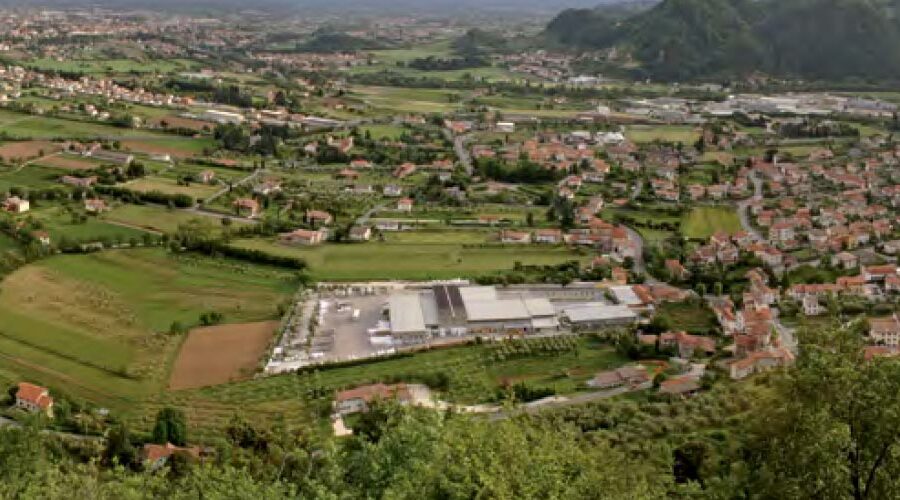
- 0
- 1.2K
- 0 likes
Trade fairs as a tool for internationalisation: opportunities and prospects of the trade fair world
Culture, courage and vision: these are the three core values at the heart of successful entrepreneurial activity, values that over the years have distinguished the initiative of many Italian companies. Made in Italy’, in fact, is not just a label, a signature to be exhibited, but a synonym of quality recognised throughout the world.
This global consideration derives from centuries in which the “Belpaese”, with all its peculiarities, has always stood out for its creativity, production capacity and spirit of innovation, which, however, companies, small businesses and local realities are not always able to tell and communicate in the best way.
Nowadays, globalisation and the speed at which the market is evolving mean that anyone aiming to do business successfully has to understand the value of internationalising their activity, forging relationships, creating a network of contacts: to compare notes, to grow, to improve.
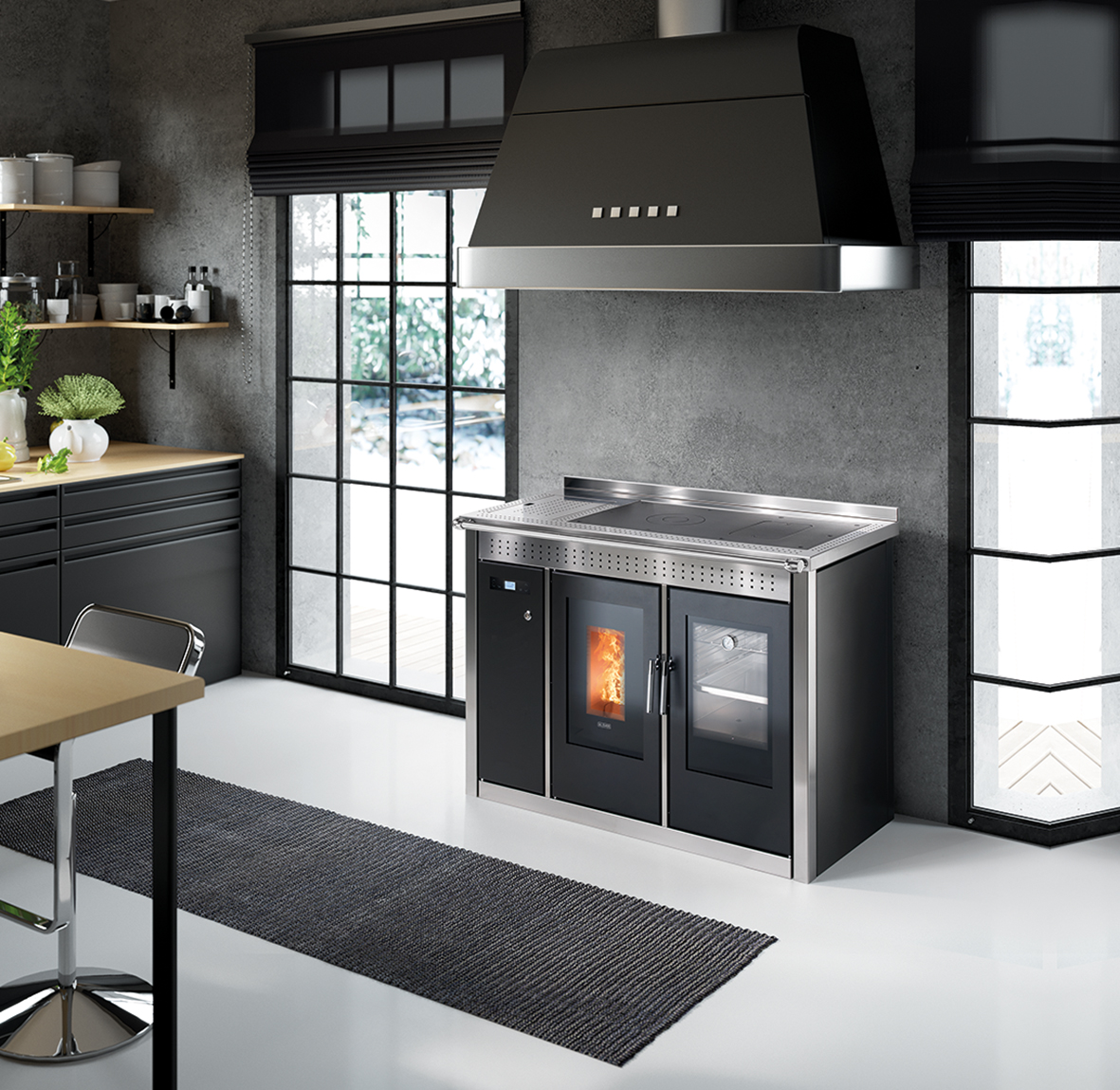
The fair: much more than just an exhibition
In a world where the online market is becoming more and more influential, how do trade fairs fit into the current economic context? Trade fairs are still the main place for both commercial and cultural exchange, i.e. knowledge, innovation and business skills. It is a microcosm where competitors can compare notes, study each other, build lasting relationships or gain experience to grow further. No algorithm or online platform can be more functional than the mechanism at the heart of every business relationship: the human relationship established between two people.
This is the essence of a trade fair: it is not just an exhibition of products or services, but a real event where you can meet people and build up your network of acquaintances. We must always remember that the exhibition is not just about products, but first and foremost about people, the ideas of entrepreneurs and the courage of those who want to make themselves known.
A fundamental requirement, however, for valuable meetings is the quality of the trade fairs, which must be able to put in place the requisites required of successful companies: courage, culture and vision. With a focus on the “political” function of the event, on the ability to keep up with the times, to revisit a centuries-old format such as exhibitions in a modern key.
It is necessary to modernise the very concept of exhibition, to make it as smart and digital as possible, to make all exhibitors understand that they are part of something well structured, of a functional economic space.
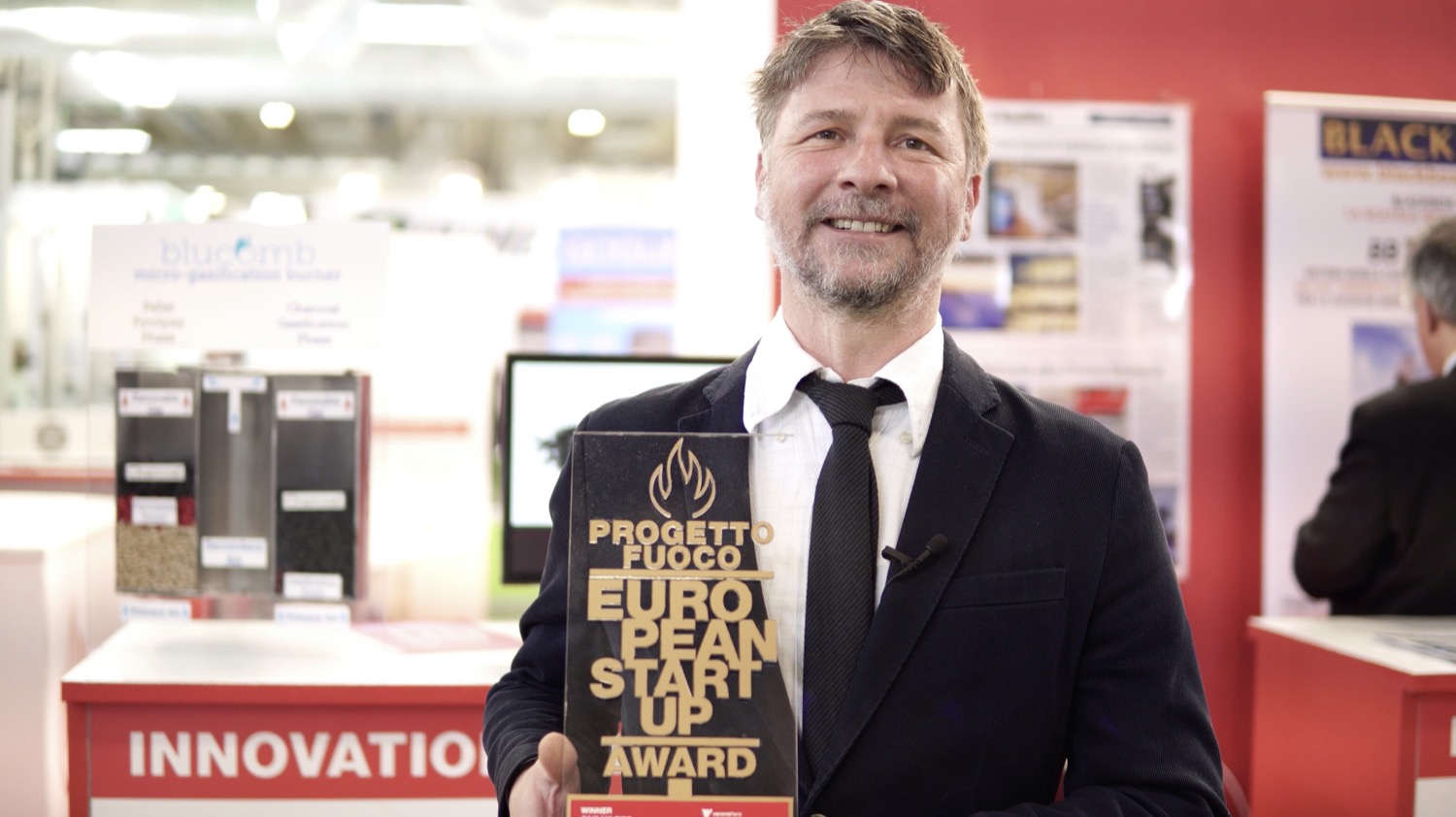
The Covid effect and future prospects: what will the post-pandemic fair look like?
Covid, however, put the whole exhibition sector on hold, as the serious health situation in which the world found itself prevented the organisation of major events and changed the concept and vision of relationships.
Digitisation has been allowed to rage, the online world has grown by leaps and bounds, and many companies have tried to keep up with the times in a hurry. The essentiality of direct relationships, however, has been lacking and is still lacking in the Italian entrepreneurial fabric, and the hope is to be able to restart as soon as possible. The objective: to exploit the digital knowledge learnt in these complicated months to make the new live experience of trade fairs even more functional.
With regard to the situation of trade fairs during the Covid period, there are interesting data from the survey “The role of trade fairs in the restart” carried out by SAIE, the Construction Exhibition, which confirms them as a strategic tool for the business of visitors and exhibitors. The study carried out, in fact, predicts that the sector will see a significant revival in the first few months after reopening, justified by the need for companies to resume their business with useful and effective tools such as trade fairs, which are difficult to replace with other activities.
The opinions of those directly involved are also interesting. Exhibitors and visitors: among the exhibitors interviewed by the study, 56% had difficulty contacting new customers, 45.2% had difficulty presenting new products, and 21.7% had difficulty contacting customers.
The data retrieved from the visitors’ positions are also food for thought: 45.5% said they were less aware of market trends, 32.8% found it difficult to find their way around new products, 25.7% had difficulty contacting new suppliers.
The trade fair as a tool: the company’s internationalisation process
Having analysed the added value of trade fairs and the role they can play in the field of relations, and having looked at the data for the Covid period, it is easy to see how today it is essential to speed up the process of internationalisation of a company, especially if we are talking about companies with a strong local or family vocation, unaccustomed to looking across borders, which by observing the continuous mutation of the market understand its essentiality.
Making oneself known outside the national borders, breathing a new entrepreneurial air represents, especially nowadays, one of those ‘necessary challenges’ that Italian entrepreneurship of any level must face and win; a factor of growth and development of both competitiveness and innovation capacity.
Bringing Made in Italy products to the world, or simply making their products better known, can change the dimension of a company: the observation of new technologies and working methods, the comparison with new cultures and types of customers, the discovery of new markets and new potential suppliers, are just some of the opportunities that this broadening of horizons can guarantee entrepreneurs. The trade fair, international by vocation, is the ideal container where this process can take place, to increase business and broaden perspectives.




